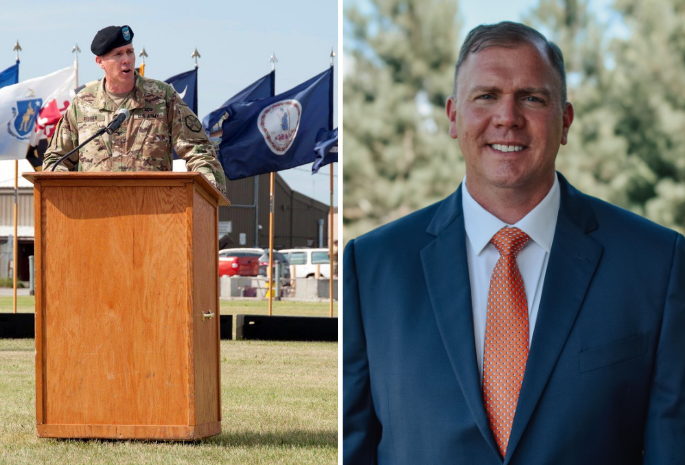 Most servicemembers will have some type of adjustment period after returning home from deployment. For each person the process is different depending on different variables during and after deployment. Mental health issues, traumatic brain injury and military sexual trauma can make that even more difficult. The Emory Veterans Program is here to help them reclaim their lives.
Most servicemembers will have some type of adjustment period after returning home from deployment. For each person the process is different depending on different variables during and after deployment. Mental health issues, traumatic brain injury and military sexual trauma can make that even more difficult. The Emory Veterans Program is here to help them reclaim their lives.
Question:
How long does it usually take to adjust to normal life again? How long should I wait to see someone if I’m still not feeling like my normal self?
Dr. Rauch:
That is a good question. If at any time you’re having issues that you feel that you need or want help with, you should come see us. Readjustment often takes a year, and for some people longer, to feel like they’re really back in their life. The readjustment process is different for every individual and often depends on life’s variables, such as your job, social support and your family. It’s never too early to come talk with someone familiar with military service and deployment about your experience. Reintegration can be a difficult process. Mental health issues, traumatic brain injury and military sexual trauma can make that even harder. The Emory Veterans Program is here to help you reclaim your life.
Question:
My brother has seemed moody and depressed since he got back. Is there a good way for me to help him or encourage him to talk to someone about how he’s feeling?
Dr. Rauch:
It is common for returning veterans to have problems talking with people who have not deployed. While most veterans returning don’t have mental health issues, a significant minority may have problems with depression, posttraumatic stress or traumatic brain injury. Letting your brother know that you’re willing to listen or help is probably the best thing you can do. Sometimes it just takes patience to allow someone to open up.




